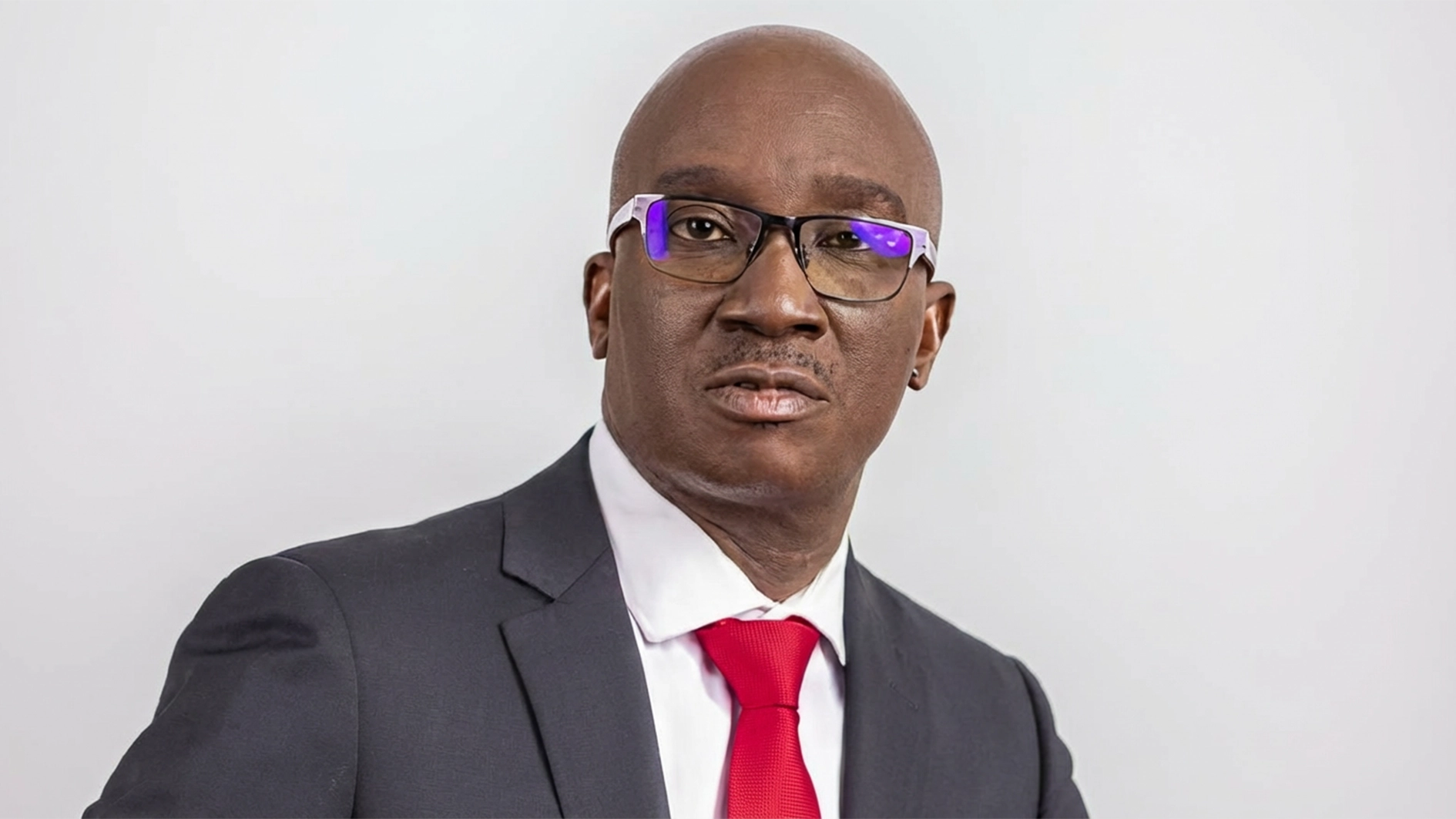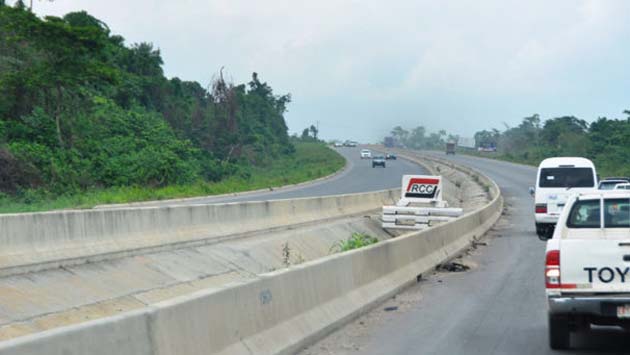The Nigerian Conference of Women Religious (NCWR) has raised the alarm about the spate of human trafficking in Nigeria, warning against its long-term consequences if not dealt with sustainably.
The group gave the warning during its one-week intensive workshop on psycho-trauma healing hosted by the Lux Terra Psycho-Spiritual Institute in Abuja.
At the workshop, 20 religious sisters drawn from different congregations underwent specialised training designed to equip them with practical and spiritual tools to support survivors of trafficking, especially women and girls, who often carry the scars of deep psychological trauma.
The programme, facilitated by Rev. Fr. George Ehusani and Rev. Fr. Richard Ehusani, combined psychological, emotional and spiritual interventions under the guiding principle, ‘Healed people, heal people.’
Both priests argued that trauma was widespread in Nigeria, extending far beyond the victims of trafficking.
“In Nigeria, almost everyone is traumatised,” they said, citing poverty, terrorist attacks, bereavements, banditry and insecurity as common sources of psychological wounds.
They insisted that few citizens have access to the knowledge or resources required to process these experiences in healthy ways.
The training blended elements of psychotherapy with spiritual support and creative expression, as the sisters were immersed in art therapy exercises, including drawing, painting and design, where they visually represented personal experiences of trauma. This was not merely a therapeutic outlet but also a learning process to help them guide trafficking survivors through similar healing pathways.
The emphasis on creative therapies, especially drawing, dancing, sandplay, music and storytelling showed the workshop’s distinctive approach. By engaging body, mind and spirit, participants were encouraged to see healing not only as intellectual comprehension but also as embodied and relational.
The sessions addressed the risk of secondary trauma, particularly the emotional burden borne by caregivers who absorb the pain of those they serve.
Speaking to the transformative impact of the training, Sr. Teresa Ani of the Carmelite Missionaries described it as “excellent for serving trauma survivors,” stressing that the programme also benefited the caregivers themselves.
She noted the importance of recognising vicarious trauma, practising self-care, and cultivating skills such as active listening and psychological first aid.
“We will make a positive difference in the lives of those we serve,” she said, pledging to share the knowledge gained with her community and congregation.
For Sr. Clara Azubike, a St. Louis sister working with trafficked girls in Lagos, the workshop reinforced her ongoing efforts. She recounted rescuing victims from Libya, Côte d’Ivoire and Ghana, many of whom had endured severe exploitation.
She emphasised that the trauma-informed techniques acquired in the training — especially trust-building and empathetic listening — would allow her to support victims more effectively.
Missionary Sister of Our Lady of Apostles, Sr. Monica Onwuneli, similarly testified to the personal impact of the programme. She recalled the case of a survivor who returned from Europe deeply broken, yet with patient support, eventually rebuilt her life and is now married with two children.
For her, the training reaffirmed the necessity of compassion and forgiveness in facilitating such recovery.The conversations also turned towards the systemic factors that fuel trafficking as the participants, including Sr. Filomena Okun of the Daughters of Charity, identified poverty and greed as the primary drivers.
Based in Uyo, Akwa Ibom State, Okun has seen first-hand how vulnerable young people were lured into trafficking by the promise of financial opportunity. She stressed that without tackling the structural conditions of poverty, awareness-raising and empowerment, the cycle will persist.
Also, Sr. Beatrice Akuwueze Acholike (HHCJ), who has worked alongside Sr. Dr. Antonia Essien on trafficking interventions, stressed the need for moral and spiritual dimensions of healing. She argued that forgiveness, often one of the most difficult steps, is central to true recovery.
“Victims must learn to forgive themselves and others in order to move beyond the paralysis of pain,” she said.
Acholike reiterated that greed and desperation for wealth remain critical drivers requiring both social and economic reforms.






